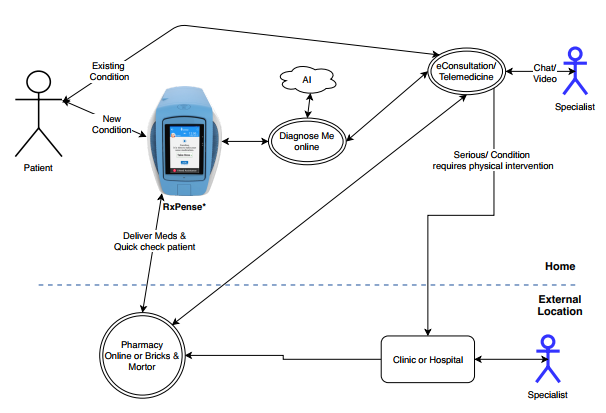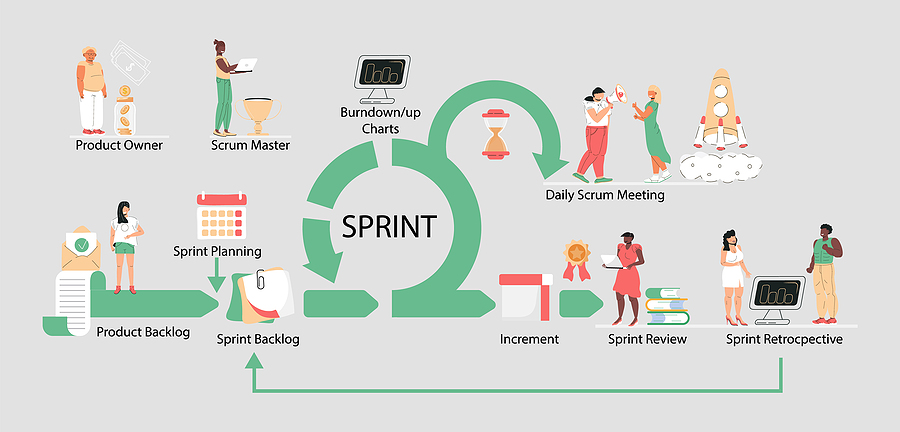Software Engineering Management
The Engineers at FirstQuintile are experts at SDLC, Waterfall, Agile, Scrum, Real-Time, Embedded, Cloud, SaaS, Python, Web, C, C++, Ada, MongoDB, AWS, Meteor, Recruiting, Interviewing, Managing resources, Large projects, small projects, Space applications, API, Security, Code Walkthroughs, Mentoring and more!
Private Development
FirstQuintile is your private development agency. From simple to complex projects, we ensure all the focus remains on your business, not ours!
For all your Software projects, we provide or manage:
- Ideation and concept
- Embedded, Real-Time, Cloud or Ground Segment Development
- Research & Development
- Agile or Waterfall lifecycles
- Resources & Employees
- Scrum Master
- Prototyping
- Design and Production
- Verification & Validation
- Marketing and Sales
- Product Roadmap

Some Markets served:
Equipment Manufacturers
Space & Aerospace Companies
Medical Devices
Digital Health companies
Publishers
Pharmaceuticals
eCommerce Sites
Advertising & Marketing Agencies
Technology companies
Service companies
Legal & Accounting firms
Campgrounds & RV Parks
Conflict Resolution Tips
Depending on the nature of your project and the personalities of employees, conflicts can arise due to differences in opinions, priorities, and approaches among team members. If you have difficulties managing these resources on your software project, here are some techniques we have successfully used in the past, to resolve conflicts in a software development project:
- Identify the root cause of the conflict: It is important to identify the underlying cause of the conflict before trying to resolve it. This can help to find a more effective solution that addresses the actual issue.
- Listen actively: When a conflict arises, listen to both sides of the argument actively. It is important to understand each other’s perspectives and concerns.
- Communicate clearly: Clear communication is essential to resolving conflicts. Make sure to express your thoughts and ideas clearly and concisely, and listen carefully to what others have to say.
- Find common ground: Look for areas of agreement or common ground among team members. This can help to build a sense of collaboration and foster a more positive environment for conflict resolution.
- Brainstorm solutions: Encourage the team to brainstorm possible solutions to the conflict. This can help to generate new ideas and perspectives that can lead to a more effective resolution.
- Seek mediation: If the conflict cannot be resolved through open communication and negotiation, consider bringing in a neutral third party to mediate the situation.
- Implement a conflict resolution process: It is important to establish a clear and consistent conflict resolution process that all team members can follow. This can help to prevent conflicts from escalating and provide a framework for resolving conflicts in a constructive manner.




